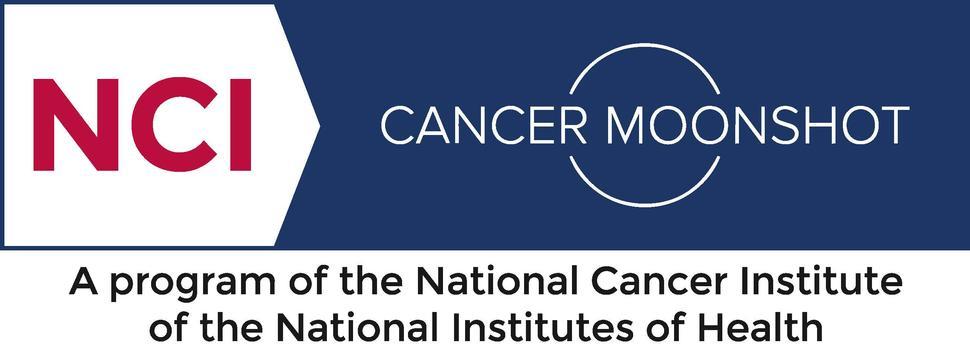Summary of how the NCI Formulary functions
- An NCI Formulary CRADA is executed between the NCI and pharmaceutical company collaborator to afford accessibility to the agent(s).
- CTEP acts as a "facilitator" of submitted proposals from NCI-funded main-member ETCTN and NCTN institution investigators. Investigators submit Letter of Intent (LOI) proposals for the NCI Formulary agent(s) to CTEP, and CTEP provides the pharmaceutical company collaborator with the proposals for review. CTEP will not provide scientific review of the Formulary LOI proposals. All scientific discussion is conducted between the pharmaceutical company collaborator and the investigator.
- Pharmaceutical company collaborators are responsible for providing scientific review of the proposals and clinical trial, agent for the clinical trial, and a letter of cross-reference to their IND/DMF. A time limit of 60 days for the LOI review process ensures that requests are processed in a reasonable time frame.
- Should a proposal be approved by the pharmaceutical company collaborator, the NCI will use its established clinical trial infrastructure to facilitate trial conduct.
- The single-center study will be conducted under investigator-sponsored INDs by the requesting investigator/institution.
- NCI will transfer agents to the clinical trial sites via a clinical Material Transfer Agreement (MTA) executed between the NCI and the clinical trial site, under which rights and responsibilities of the recipient investigator will be described.
- All serious adverse events will be submitted to the pharmaceutical company collaborators by the sponsor.
- Clinical trial data will be submitted to pharmaceutical company collaborators by the sponsor.
- Intellectual Property will be handled under the terms of the CTEP IP Option to pharmaceutical company collaborator, with rights flowing down under the clinical MTA.
- Pharmaceutical company collaborators will have access to all data generated under the study and have the right to review publications consistent with the current mechanism used in CTEP agreements.
- Neither the NCI nor pharmaceutical company collaborators are required to provide per patient funding for the studies, or any other study costs. Trial sites participating in this program must be able to support the full costs of the trial and demonstrate the source of this funding prior to protocol approval. However, if pharmaceutical company collaborator desires to provide funding for selected aspects of the study, they may provide funds directly to the investigators. They may also use the NCI CRADA mechanism to convey funding.
- Transfer of agent for preclinical work in support of clinical trials will also be facilitated under the NCI Formulary CRADA. It is anticipated by the NCI that any agent provided for clinical trials would be made available for preclinical studies as well, as this may be critical to the rationale and design of the clinical trial. Agents may also be available for preclinical studies only.
